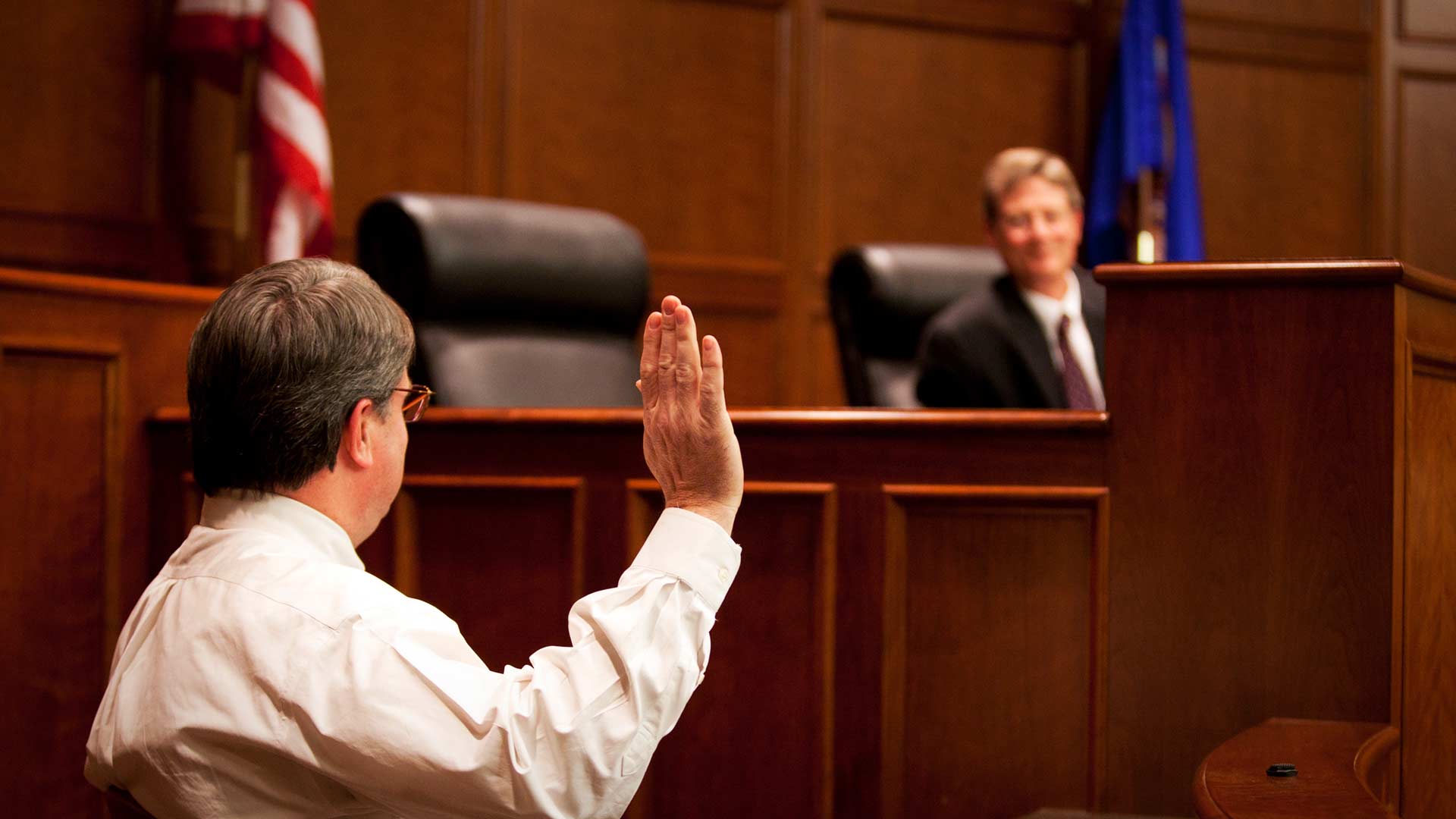Scholarship Policy
Academic Policy Manual section II-4: Scholarship Policy
The School of Law awards both full and partial tuition scholarships to students admitted to the J.D. program. Unless the dean or his/her designee agrees for good cause to extend the time or credits covered, J.D. scholarship awards are effective for enrollment in the School of Law for up to 89 credits (except joint degree students) and for as long as a student is continuously enrolled or on approved Leave of Absence. Scholarship status is not contingent upon Good Academic Standing.
Full J.D. Tuition Scholarships apply to all School of Law tuition in all periods of enrollment (i.e. Fall, J-Term, Spring, Summer) up to 89 credits or, in cases of joint degrees, the maximum needed for the J.D. degree program (i.e. 76 credits).
Partial J.D. Tuition Scholarships are awarded as a percentage of law tuition and apply to all School of Law tuition at the awarded percentage in all periods of enrollment (i.e. Fall, J-Term, Spring, Summer); up to 89 credits or, in cases of joint degrees, the maximum needed for the J.D. degree program (i.e. 76 credits).
Special Situations
Non-Law Electives
J.D. scholarships apply to up to 6 credits of approved electives taken in other St. Thomas academic units (e.g. Opus College of Business). J.D. scholarships may apply to up to 8 credits in situations where the first non-law course taken is a 4 credit course (such as languages). The second course may be 2, 3, or 4 credits and the scholarship will be applied. See Policy III-B-6
J.D. scholarships do not apply to tuition for courses taken in other St. Thomas academic units (i.e. Opus College of Business) when the student is admitted as a joint degree candidate. See section below for more information on how scholarships apply for students enrolled in joint degree programs.
Consortium Courses
Courses taken at the other local law schools under the consortium agreement are treated as St. Thomas Law courses for purposes of tuition and scholarship. Per the consortium agreement, students are limited to no more than six credits total in such courses.
Joint Degree Programs
- J.D. students will be charged tuition under flat rate rules unless they declare a joint degree. Once a joint degree is declared, students will be charged tuition per credit hour for all law credits.
- J.D. scholarships are only applied to law tuition with the same limitations described above. Full tuition J.D. scholarships will apply to all St. Thomas law tuition up to the maximum of 76 credit law hours needed for the degree. Partial J.D. scholarships awarded as a percentage of law tuition will be applied to St. Thomas law tuition at the awarded percentage in all periods which include law enrollment up to a maximum of 76 law credit hours.
Revised November 25, 2013
Revised November 3, 2014
Revised January 13, 2015
Revised October 28, 2016
Revised November 18, 2024
